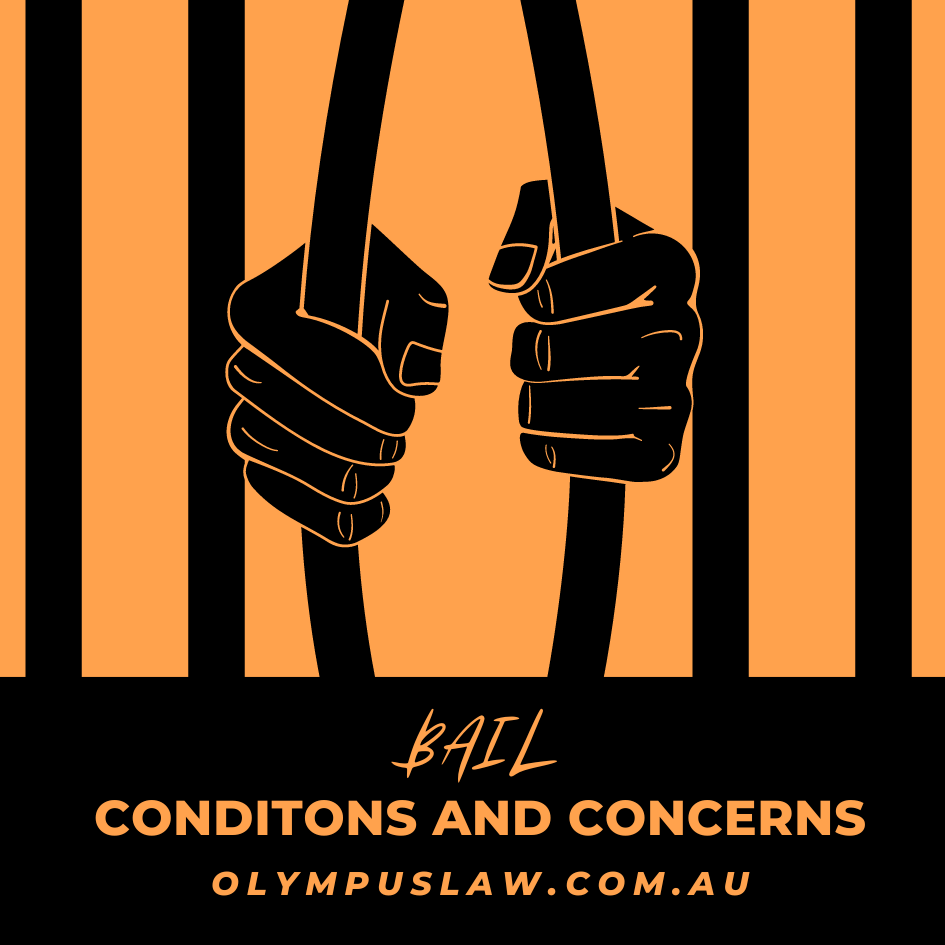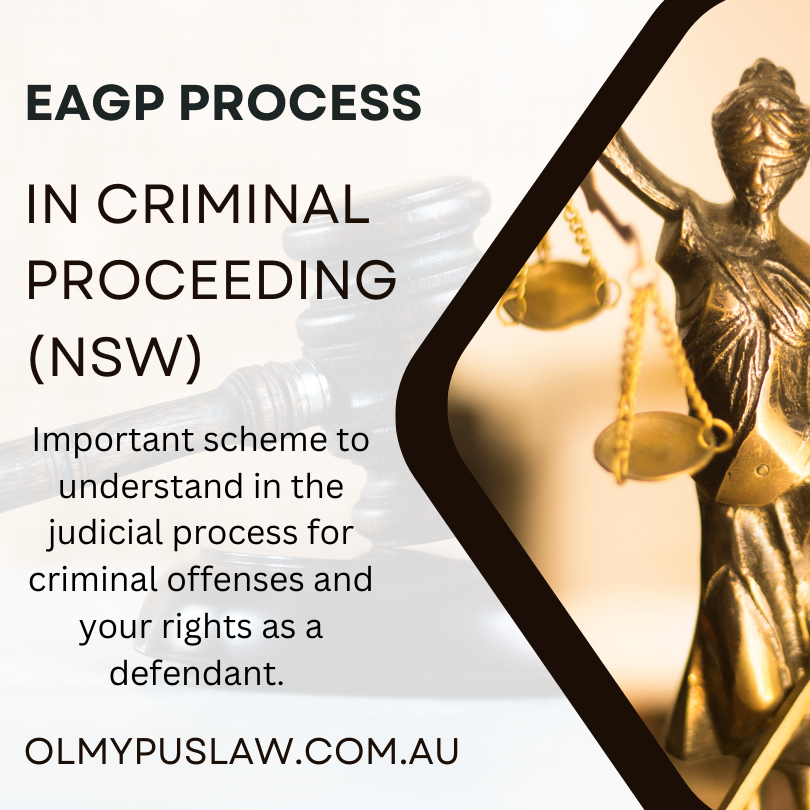Bail
If you have been charged with a criminal offence and have been detained by the police following your arrest and processing (including questioning) then your first concern might be Bail.
What is bail?
Section 7 of the Bail Act 2013 defines bail as – “Authority to be at liberty for an offence”.
In simple terms, if an accused person is granted bail, it means that this person can be out in the community instead of jail until their case is finally determined by a court of competent jurisdiction.
Who can grant bail?
Bail can be given to an accused person by a “bail authority” which is defined in section 4 of the Bail Act 2013 to mean a “police officer, an authorised justice or a court”.
What is police bail?
Police bail is simply bail which is granted at the police station, instead of in court. Police bail can be granted by the police without or with bail conditions.
What are bail conditions?
Bail conditions are conditions on an accused person’s liberty which a bail authority can impose, while they are out in the community to address any bail concerns that a bail authority may have.
Section 20A (2) of the Bail Act 2013 states that:
“A bail authority may impose a bail condition only if the bail authority is satisfied that–
- the bail condition is reasonably necessary to address a bail concern, and
- the bail condition is reasonable and proportionate to the offence for which bail is granted, and
- the bail condition is appropriate to the bail concern in relation to which it is imposed, and
- the bail condition is no more onerous than necessary to address the bail concern in relation to which it is imposed, and
- it is reasonably practicable for the accused person to comply with the bail condition, and
- there are reasonable grounds to believe that the condition is likely to be complied with by the accused person”
In simple terms, a bail authority may impose bail conditions, if it is reasonably necessary, appropriate, practicable and proportionate, given the bail concerns and the alleged offending behavior.
What are bail concerns?
Section 17 of the Bail Act 2013 defines a bail concern as “a concern that an accused person, if released from custody will-:
(a) fail to appear at any proceedings for the offence, or
(b) commit a serious offence, or
(c) endanger the safety of victims, individuals or the community, or
(d) interfere with witnesses or evidence.”
In simple terms a bail concern is any worry that a bail authority may have that an accused person if released into the community will; not come to court when required, commit further crimes while on bail, be a risk to the safety of others, or hinder witnesses or evidence related to their case.
What are bail concerns?
Section 17 of the Bail Act 2013 defines a bail concern as “a concern that an accused person, if released from custody will-:
- fail to appear at any proceedings for the offence, or
- commit a serious offence, or
- endanger the safety of victims, individuals or the community, or
- interfere with witnesses or evidence.”
In simple terms a bail concern is any worry that a bail authority may have that an accused person if released into the community will; not come to court when required, commit further crimes while on bail, be a risk to the safety of others, or hinder witnesses or evidence related to their case.
How can we help?
NSW has a complex and stringent bail regime which is intended to protect the community while simultaneously upholding citizen’s fundamental rights to liberty and the presumption of innocence.
A good legal team is vital in helping anyone charged with a criminal offence to navigate the Bail system, including advising on and appearing on behalf of an accused person to address a bail authority on such things as; show cause (for show cause offences), bail concerns and bail conditions.
Disclaimer: This is commentary published by Olympus Law Partners Pty Ltd is for general information purposes only. This should not be relied on as specific legal advice. You should seek your own legal and other advice for any question, or for any specific situation or proposal. The content also is subject to change.
Find more useful knowledge about your concerned topics at our Knowledge Hub.



